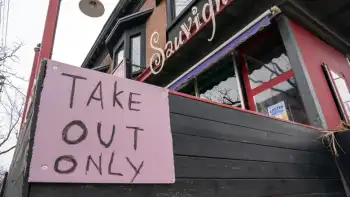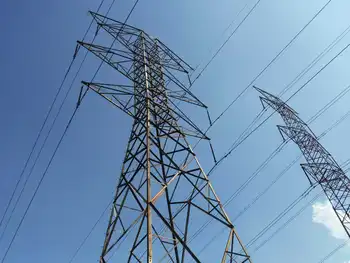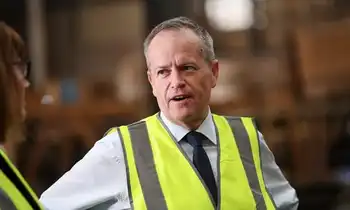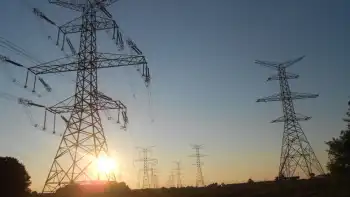Government turns out the lights in Seoul
Neon signs and outdoor lights were ordered switched off in the business and entertainment districts of the South Korean capital, in a tangible sign of how the oil price rise is hurting the resource-starved country.
President Lee Myung-bak has called for a tighter national energy policy to counter the impact of higher prices stemming from a wave of unrest across the Arab world and North Africa.
South Korea is the world's No.5 crude oil buyer and No.2 liquefied natural gas LNG importer after Japan, and has boosted spending to acquire assets and develop oil and gas reserves, with a heavy focus so far on the Middle East and the Arctic.
Brent crude hit a high of almost $120 per barrel on February 24, the highest since 2008.
South Koreans have also been hit hard at gas stations, with pump prices jumping around 6 percent along with crude price rallies since December, while the government has been criticizing the fat margins of local refiners.
About 92,000 establishments nationwide have been targeted by the government lighting restrictions, local media reports said. Those failing to adhere to the regulations could face up to 3 million won US $2,700 in fines.
The government in Asia's fourth-largest economy wants to curb inflation as it battles rises in crude oil and producer prices and housing rents, and has put a freeze on utility rate increases.
Analysts estimate that every additional 10 percent rise in annual average prices on international oil markets would lift South Korea's annual average inflation by around a fifth of a percentage point.
That means if global oil prices rise 10 percent above initial expectations on average for the year, South Korea's annual average consumer price inflation will reach 3.7 percent in 2011, instead of the 3.5 percent expected by the central bank. Last year's actual inflation was 2.9 percent.
Lee's government has been working on policy measures to stem inflation as campaigning starts for by-elections in April that will be a crucial gauge of support for him and his Grand National Party before parliamentary and presidential votes next year.
Economic policy is likely to figure highly on the political agenda ahead of the elections.
Finance Minister Yoon Jeung-hyun said that the government may lower its 3 percent crude oil import tariff, while it was not considering lowering domestic taxes on oil.
Related News
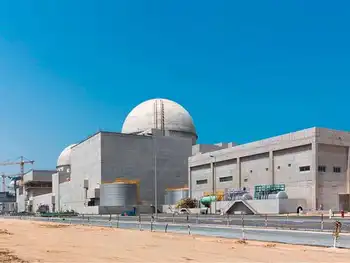
Crucial step towards completing nuclear plant achieved in Abu Dhabi
ABU DHABI - The Emirates Nuclear Energy Corporation (ENEC) has successfully completed Cold Hydrostatic Testing (CHT) at Unit 4 of the Barakah Nuclear Energy Plant, the Arab world’s first nuclear energy plant being built in the Al Dhafra region of Abu Dhabi, UAE. The testing incorporated the lessons learned from the previous three units and is a crucial step towards the completion of Unit 4, the final unit of the Barakah plant.
As a part of CHT, the pressure inside Unit 4’s systems was increased to 25 per cent above what will be the normal operating pressure, demonstrating the quality and…


